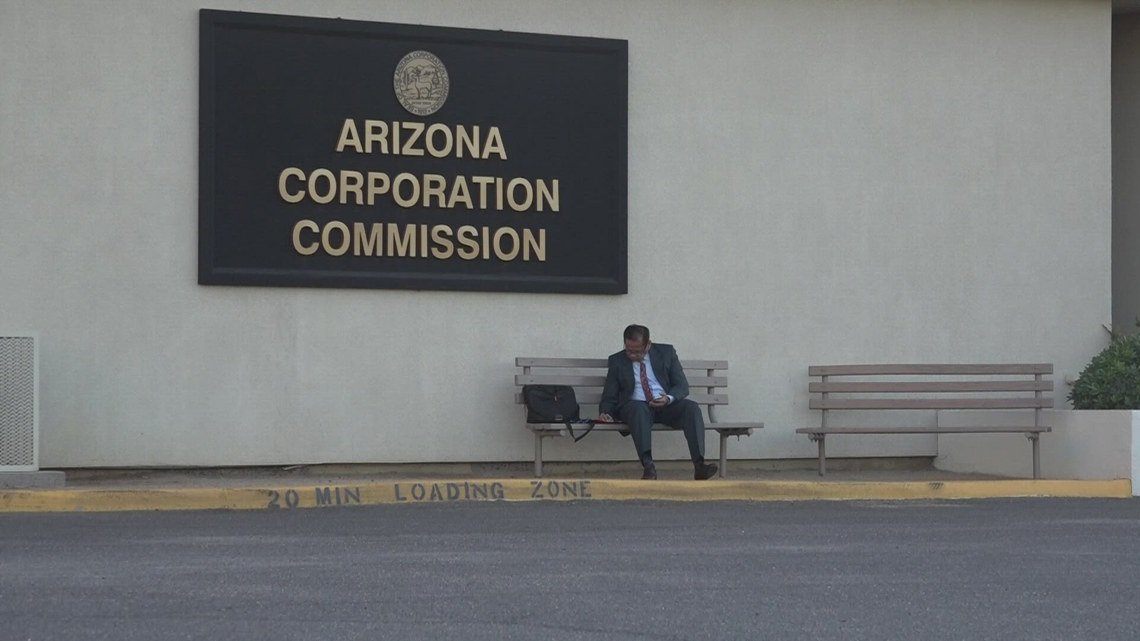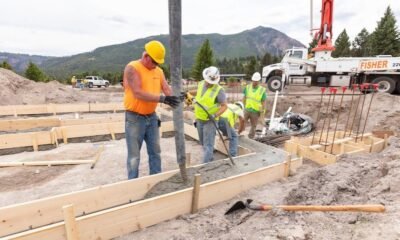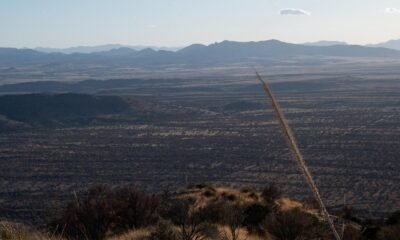arizona
Arizona’s Electric Companies Outcharge 38 States in Regulated Rates

PHOENIX — An independent analysis has revealed critical insights into utility costs for Arizona consumers. As record summer temperatures linger in public memory, the Arizona Corporation Commission faces scrutiny ahead of upcoming elections.
The state agency that supervises utilities asserts that Arizonans enjoy some of the most economical energy prices in the nation. However, an independent evaluation by consumer advocate Abhay Padgaonkar highlights a different narrative, revealing that the state’s major utilities are not performing exceptionally well in terms of cost efficiency.
According to the analysis, which compares the “price per kilowatt hour” for the state’s three largest utilities—Arizona Public Service (APS), Tucson Electric Power, and UNS Energy—the findings from 2023 position them among the higher-priced providers nationally.
Specifically, the analysis shows that:
- 11th highest for all customers, including industries and schools.
- 19th highest when looking solely at residential customers.
- 59% higher than Utah and 18% higher than Colorado.
- 52% above New Mexico and 23% more than Nevada.
Additionally, the report places Arizona’s utilities 11% above the national average for all customer categories from January to August 2024 and indicates that these providers charge 24% more than the not-for-profit Salt River Project (SRP) for all consumers.
Natural gas prices in Arizona are similarly high, with the state ranking as the 8th highest for residential customers, 26% above the U.S. average. These insights underscore the significant costs consumers face relative to their counterparts in neighboring states.
Despite this backdrop, the Arizona Corporation Commission maintains a strong record in reliability. The state ranked 7th in the nation for dependable power supply in 2023, attributed in part to its geographical advantages. Doug Clark, Executive Director of the Commission, highlighted that there were no significant outages during recent heat waves, emphasizing the effectiveness of their utility oversight.
The challenge of comparing utility costs remains complex. Clark acknowledged the unique factors that contribute to energy expenses in Arizona, echoing sentiments from EIA spokesperson Chris Higginbotham, who noted that average electricity prices serve as a general guide but may not reflect specific consumer experiences.
The analysis drew attention when four Republican commissioners shared a study that inaccurately proclaimed Arizona had the second-best energy costs in the country. Following this report, WalletHub revised its study description, while the Commission defended its promotion of the inaccurate assessment.
Consumer advocates, including Padgaonkar, express concern over the Commission’s transparency in evaluating their own methodologies and the effects of policies on utility bills. Critics argue that the current Republican majority may prioritize utility profits over consumer interests.
In response to ongoing complaints about high rates, customers from Lake Havasu City have petitioned the Commission to reevaluate existing pricing structures. As calls for accountability grow louder, the Commission cites factors such as fuel costs and maintenance needs to justify the rising expenses.
This scrutiny emphasizes the need for clarity in the utility market, as stakeholders seek a balance between corporate profitability and consumer affordability. The analysis provided by Padgaonkar could serve as a vital resource in advocating for more equitable rates for Arizonans, further illuminating the challenges faced in the energy sector.

















